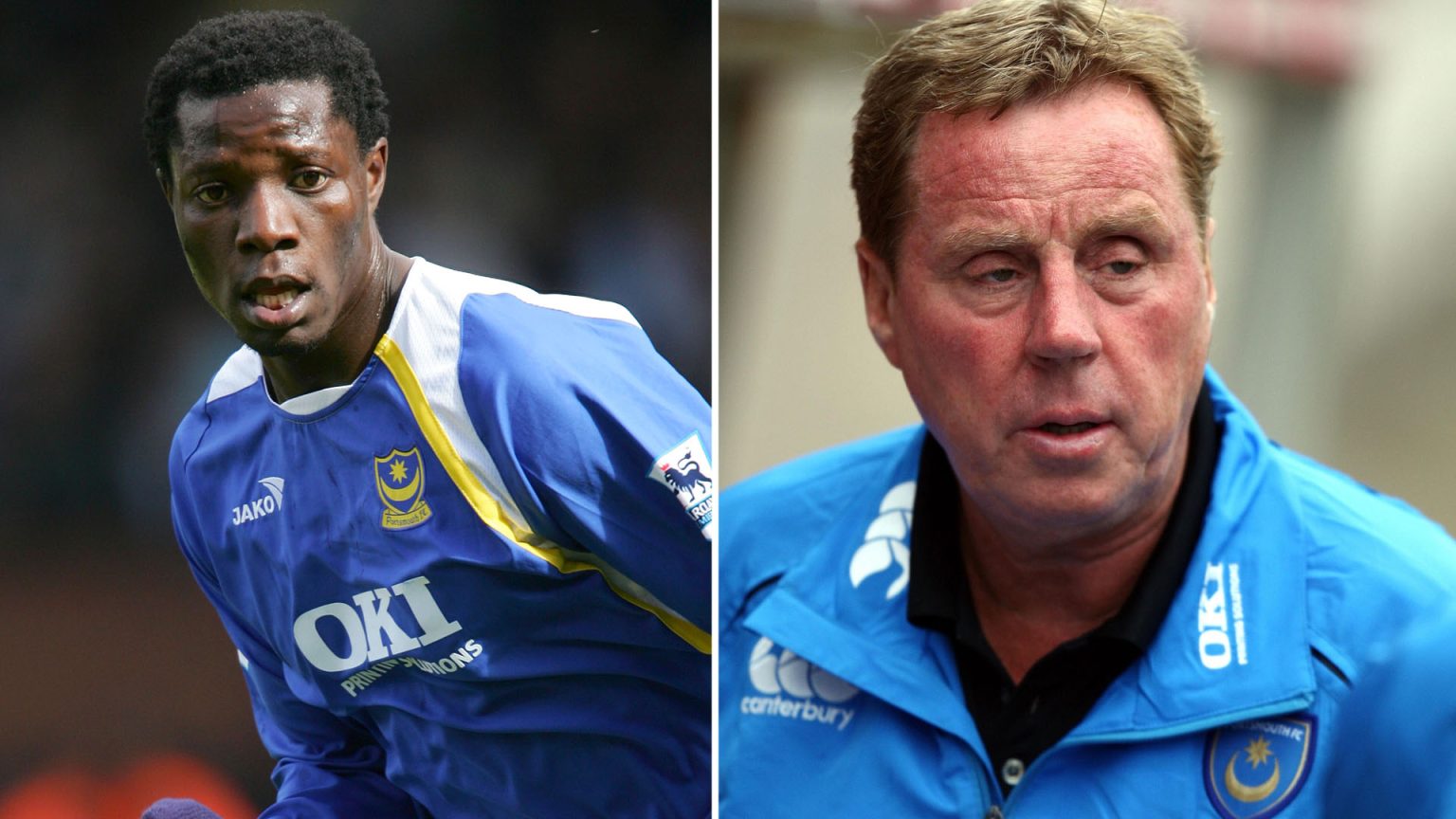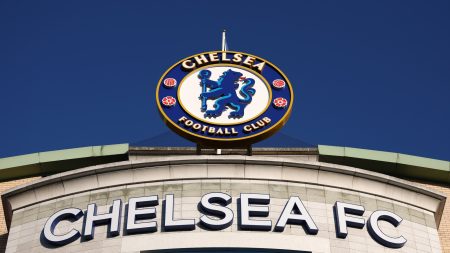The name Harry Redknapp is synonymous with transfer deadline day, a period in football when his drive-by interviews and last-minute deals became legendary. One such saga, etched in football folklore, revolves around the transfer of Benjani Mwaruwari from Portsmouth to Manchester City in January 2008. This period coincided with Portsmouth’s FA Cup triumph, a bittersweet victory preceding their descent down the football league pyramid due to financial turmoil. The transfer itself, shrouded in confusion and delays, has now been unpacked by the key players involved, revealing a comedy of errors and miscommunication.
The backdrop to the transfer was Portsmouth’s secured signing of Jermain Defoe as Benjani’s replacement. Manchester City, under the management of Sven-Göran Eriksson, tabled an offer for Benjani that Redknapp, then Portsmouth manager, found irresistible. The agreed-upon fee necessitated Benjani’s swift departure, leading Redknapp to dispatch him to Southampton airport. It was at this point the meticulously planned transfer veered into chaos. Benjani failed to arrive at Manchester airport, inciting panic among both clubs. Rumors swirled; he had missed two flights, a third was canceled, adding fuel to the speculative fire.
Redknapp’s attempts to contact Benjani yielded a puzzling response. The striker was still at the airport, seemingly having second thoughts about the move. This unexpected turn of events transformed a seemingly straightforward transfer into a deadline day cliffhanger. The transfer drama, captured in real-time, captivated football fans, adding a dose of uncertainty to the already high-stakes world of football transfers. The missing player, the frantic phone calls, and the looming deadline created a perfect storm of speculation and intrigue.
Now, years after the incident, Benjani has finally broken his silence, claiming to be the sole possessor of the truth behind the delayed transfer. His explanation, however, veers away from the prevailing narrative. He attributes the delay to a combination of flight delays and a dead phone battery, hindering communication and exacerbating the perceived chaos. He emphatically denies having second thoughts about the transfer, asserting his desire to join Manchester City. His account paints a picture of a player caught in unforeseen circumstances, rather than one deliberating a career-altering decision.
Benjani’s eventual arrival at Manchester City’s training ground, just minutes before the deadline, was only the beginning of the next chapter in this saga. The frantic rush to finalize the paperwork was met with further obstacles. A malfunctioning fax machine compounded the already tight deadline, further delaying the completion of the transfer. Despite the hurdles, the deal eventually went through on February 5, 2008, for a fee of £3.87 million, with additional bonuses potentially raising the total to the initially reported £7.6 million.
The delayed transfer did little to hinder Benjani’s impact at Manchester City. He scored his first goal for the club just five days later, ironically netting the winner against Manchester United in the fiercely contested Manchester derby. After subsequent spells at Sunderland and Blackburn Rovers, Benjani returned to Portsmouth for a season-long stint in 2011, before concluding his playing career in South Africa with Chippa United and Bidvest Wits. His post-playing career has seen him transition into coaching, currently working with the youth academy at Plymouth Argyle. The Benjani transfer saga remains a captivating tale of deadline day drama, a reminder of the unpredictable nature of football transfers and the colorful characters that shape its narrative.











